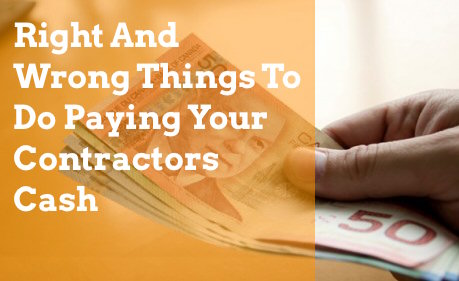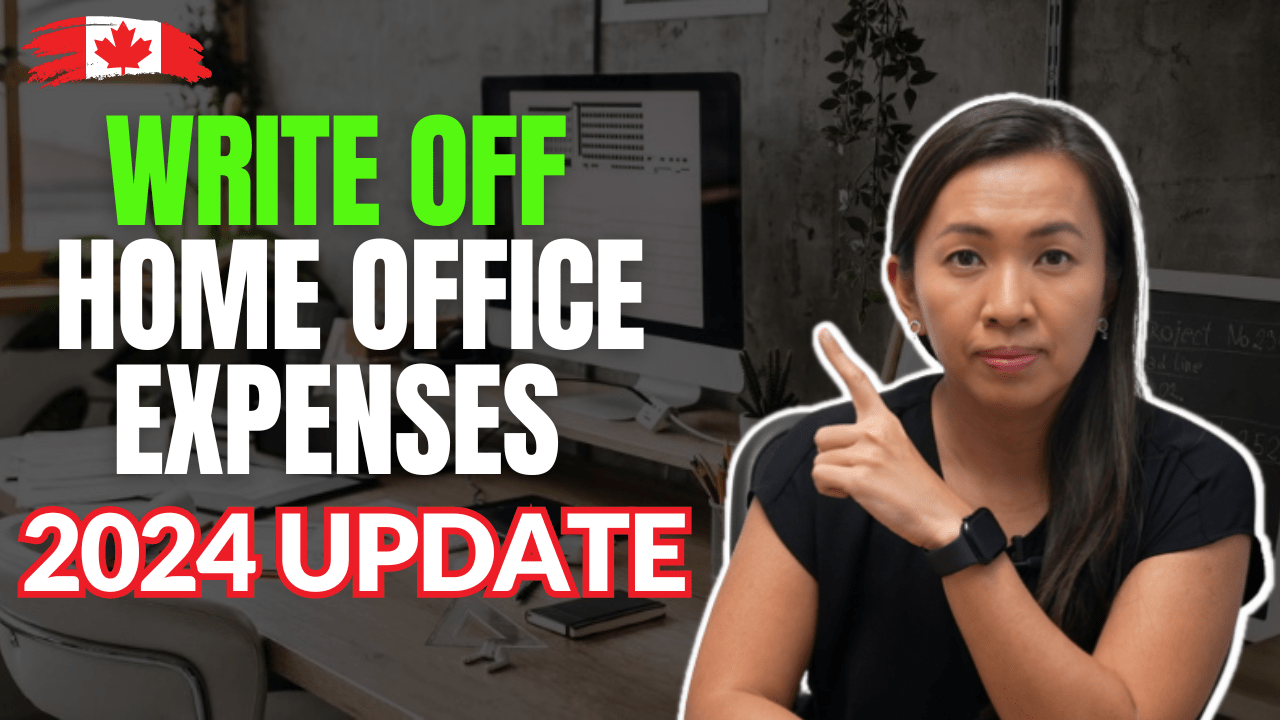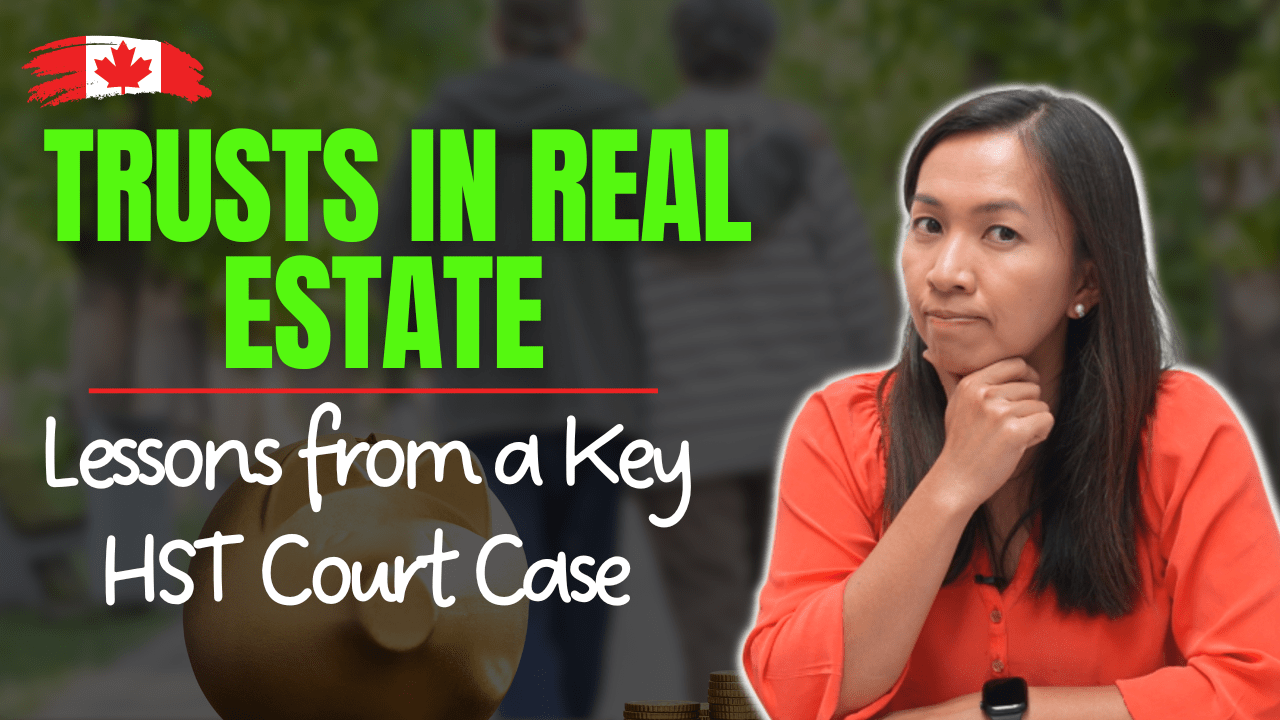Hello fellow real estate investors,
With the Raptors’ first ever win in the Eastern Conference final, I had been spending my post tax season vacation time visiting my families and friends in Hong Kong with my two babies.

It’s nuts to travel with two kids. I can get nothing done, except taking care of them.
It doesn’t help that we are in the exact opposite time zone. When Toronto is 1pm in the afternoon, it is 1am here in Hong Kong.
We are here to attend my cousin’s wedding. We grew up together as kids.
He’s a manager in a well known insurance company. He’s considered the typical middle class here.
Similar to Canada, Hong Kong is greatly affected by mainland Chinese investors, the real estate market here has been very hot.
Unlike in Canada, local Hong Kong government imposed very strict rules to ensure that the real estate market doesn’t get overheated.
The policies include 40% downpayment on the second property and double stamp duty (which I gathered is something similar to the land transfer tax in Ontario).
Being a young successful professional, my cousin travels lots, eats out lots and spends lots.
The typical middle class described in my favourite book Rich Dad Poor Dad.
He has very little savings.
His parents operate a vegetable stall in a local groceries market. They work 364 days a year, take only one day off in the entire year.
My uncle never believes in the real estate market. I still remember vividly the conversation he’s had so many times with my parents when we were kids about how he believed the market would crash after the changeover of power from British to China.
He spent all his savings in the stock market. So did my aunt.
The real estate market did crash a few times. But so has the stock market.

When my cousin bought his first place a few years back, my aunt took out her savings and gave it to my cousin as the downpayment. He only needed 5% down for his first place. He rented it out and he still stayed with his parents.
Fast forward to 2016, they bought their second place as their principal residence. He still spends lots and still has no savings.
But this time he already owns a place. He refinanced his rental property, took out a bunch of money, together with a part of my aunt’s savings, he is able to come up with 40% downpayment and the double stamp duty.
The new place is roughly CAD$816K with about 700 sqaure feet of space located in the rural area.
To buy this property, they came up with about $326K as downpayment! (We could buy the entire detached house in St Catharines with cash using the exact same amount of money!).
Plus the stamp duty tax!
It’s this type of real life story that made me appreciate how lucky we are, as real estate investors, in Canada.
The story doesn’t end here.
My aunt had had enough savings to pay for the entire downpayment for the second property. She could have cashed out from the stock market and used all her savings as the second property’s downpayment.
Knowing when to cash out of the stock market is an attribute that only a select few investors tend to have, and it is one that I wish my aunt had.
Also, with any kind of stock investment, it is really important to do all the relevant research and get the best advice before you start giving away your cash.
She didn’t do that. Her savings would have been all gone into the small property.
She regretted not doing it. Immediately after they made the purchase, the stock market went south significantly.
And she’s back to square one. She lost all her remaining savings in the stock market.
She talked about it as if nothing happened. She’s still the happiest and nicest aunt I have ever met.
Seeing this happened in real life for my families, I am extremely grateful that we chose real estate as our investment vehicle. It’s difficult and expensive to transact. The market doesn’t go up and down like a yo yo. And the rental income gives me decent return even without appreciation.
Now, onto this week’s topic.
A few of my clients asked me recently whether they should take a cash deal offered by the contractors when they renovate their rental properties.
As a licensed accountant, it’s my responsibility to advise you that you should not engage in any underground transactions. 🙂
I am a number person. Let’s analyze it from the number perspective.
Usually, when we are offered a cash deal, we don’t have to pay for the HST.
For a $20,000 project, HST 13% is equivalent to $2,600, total project price is $22,600.
If the taxpayer pays cash, he’s got a cash deal of $20K.
If the taxpayer owns the property in his own name and assume that his marginal tax rate is 40%, the renovation of $22,600 is equivalent to $9,040 tax savings. (For simplicity’s sake, let’s assume that the entire $20,000 is repairs and can be deducted as a current expense.)
The true after tax cost is $22,600 – $9,040 = $13,560.
If the taxpayer were to pay cash, he cannot deduct the expense he incurred. Hence, he is using after tax money to finance the renovation, which means the after tax cost is $20,000.
Now, if the taxpayer actually owns the property in the corporation, and assuming the property is a regular rental property, the passive income is taxed at 50%. Therefore, the after tax cost of paying the full price for the renovation is only $11,200 ($22,600 x 50%).
As you can see, it is almost always better to do it the right way. The taxpayer is almost always in the worse end of the deal. 🙂
So, when you are negotiating with the contractor next time, make sure you are doing so above the board, get the proper receipt and get the full deduction.
Until next time, GO RAPTORS GO!
Cherry Chan, CPA, CA
Your Real Estate Accountant






Andy Tran
Great article Cherry! Cash without HST is great for the contractor, but not for the investor. Thanks for breaking it down in actual numbers! Have a great time if HK if you’re still there!
Charles Wah
Thanks for another informative article!
Based on my understanding, I can’t claim HST on expenses for residential rental properties. Instead, I must deduct the full amount of the expenses from the property’s gross income which yields a tax savings at the marginal tax rate.
In contrast, I can claim HST on expenses for commercial properties under a corporation that has an HST number. I’m not familiar yet with the HST remittance/refund process but I assume being able to claim HST on expenses is more beneficial than simply deducting the full expense. For commercial properties, I assume you would only deduct the expenses before taxes. However, if I understand correctly, don’t I eventually get the HST back or at least a portion of it? I need to learn how this is calculated if the full HST amount isn’t refunded.
For the reasons above, is the benefit of paying HST over cash even greater for commercial properties than residential rental properties?
Cherry Chan, the Real Estate Accountant
Charles, thanks for the comment. You’re absolutely right. It would be even more beneficial to do everything above board if you own commercial real estate.
I haven’t gone around to do the calculation for it yet, but from the high level point of view, yes, it is.
So don’t do under the table deal.
CHerry
Charles Wah
Sounds good, thanks Cherry!
Adrian Ede
Great article Cherry! That little tidbit alone could probably have saved me a chunk of money had I known it a few months ago…oh well Lesson Learned!
Thanks again!
Reza
Hi Cherry,
Really enjoying the articles I’m fairly new to the blog and also newish to RE investing. What I understood from the article was even if the property is declared as your primary residence “in your name” you can still write off repairs/renovations, is that correct? Do you have to expense in the first year or can I claim them in later years (especially because I didn’t know this was possible)? I also borrowed to reno the property can I write off the interest?
Thanks!
Cherry Chan
If the property was used primarily for principal residence, you cannot claim the expenses related to repair the property.